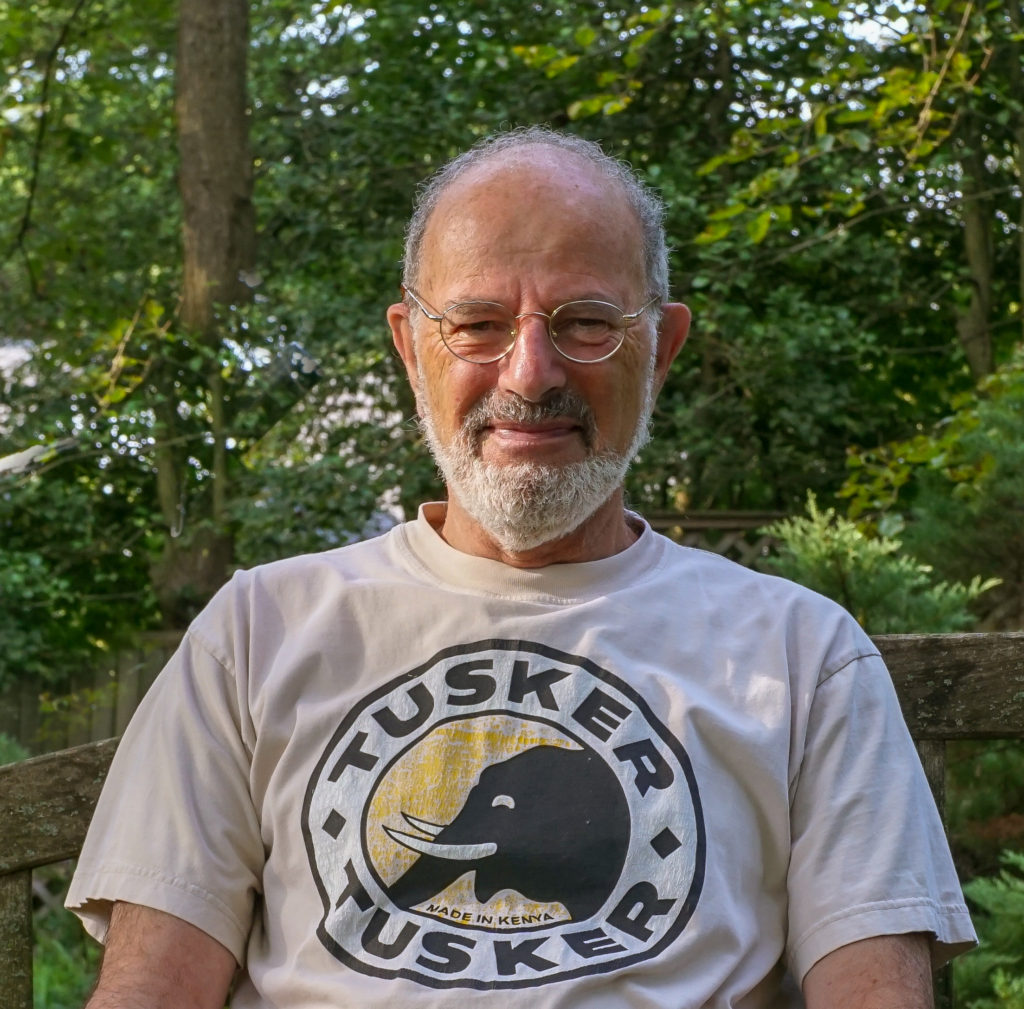Scaling up for impact at the heart of MSWC’s strategy
Guy Pfeffermann, December 1, 2020.

I extend a very special thank you to our donors who have made it possible to get our start-up off the ground, and tip my hat to the wider community for their growing interest in leadership and management training for wildlife conservation.
The basic idea driving MSWC is simple to the point of being obvious: whatever the endeavor, poor leadership and management doesn’t help anyone! Or to put it positively: common sense plus a wealth of research show that improved leadership and management improve outcomes. Our desired outcomes: to empower wildlife community conservancies by strengthening their leadership and management skills, and so help to protect the wildlife which they look after.
In my 40 years working as an economist at the World Bank I could never understand why so little funding was (and is still) going to locally relevant leadership and management training. The most common way development funders try to boost leadership and management skills is by sending locals to be trained abroad. This is usually very costly and more often than not the programs offered abroad are of limited relevance to local wildlife communities. Furthermore studies abroad are conducive to brain drain. The alternative, which we embrace, is to nurture promising local education programs that are tailored to the needs of rural communities.
Up to now such programs are very few and far between. In the case of wildlife conservation the overwhelming share of funding is for (para-military) anti-poaching training and for natural science experts. Most wildlife conservation careers are in one or both of these competencies, mirroring the culture of their funders and leaders. Hardly any funding goes to building local leadership and management capacity. Unsurprisingly, there is enormous scope for enhancing such capabilities. Where such locally relevant training is available the results can be nothing short of spectacular. Village elders who are on the boards of Kenyan wildlife community conservancies see the impact of such training and are pressing funders to make it available to each of their communities; so far, however, it reaches only a handful.
Managing wildlife conservancies is unusually complex. It requires coping with a daunting variety of challenges: to name a few, Strategic planning, Anti-poaching management, Business plan development, Camp/lodge management, Communications skills, Community relations, Conflict management, Fundraising, Negotiating skills, Networking. More than any of these, what is needed is to tap into local cultures and build the self-confidence of community members. In order to be effective, training needs to be conducted in local languages.
MSWC is focusing the attention of conservation organizations on the need for and the potential pay-off of localized leadership and management training. The program many of you donated to – enabling a cohort of some 30 Kenyan community conservancy women to take a remarkably effective Leadership and Management Program – is about to start, and I have no doubt that it will have spectacular outcomes and will serve as a test of concept for conservation funders.
To me, innovative development concepts such as the community leadership and management training, or various types of fuel-efficient cooking stoves or solar torches – will have a significant impact only if they can be “scaled up”, that is: widely adapted and replicated so as to benefit the largest possible population. Far too many innovations benefit only a few communities, and for whatever reasons cannot be widely extended.
From inception scaling up for impact has been at the heart of MSWC’s strategy. In 2018 we partnered with the Kenya Wildlife Conservancies Association (in printing 1,000 copies of a superb Conservancy Manager’s Handbook, for use by board chairs and managers of Association member community conservancies. To extend the reach further, last year, we secured an in-kind donation from a learning technology company which converted the Handbook into digital format accessible on mobile phones. This year we are beginning work on a pilot learning platform built by Africans for wildlife community conservancy leaders and personnel. If successful the platform will be encompass many cultures across Africa. In another crucial step toward scalability, this Summer the Northern Rangelands Trust, a fabulous organization which works with some 40 Kenyan wildlife conservancy communities, started a “training local trainers” program, a step MSWC has long been advocating.
Once again, we have progressed thanks to your keen interest in enhancing leadership and management capabilities in wildlife conservation. I am profoundly grateful to you.
